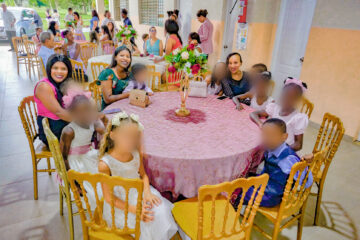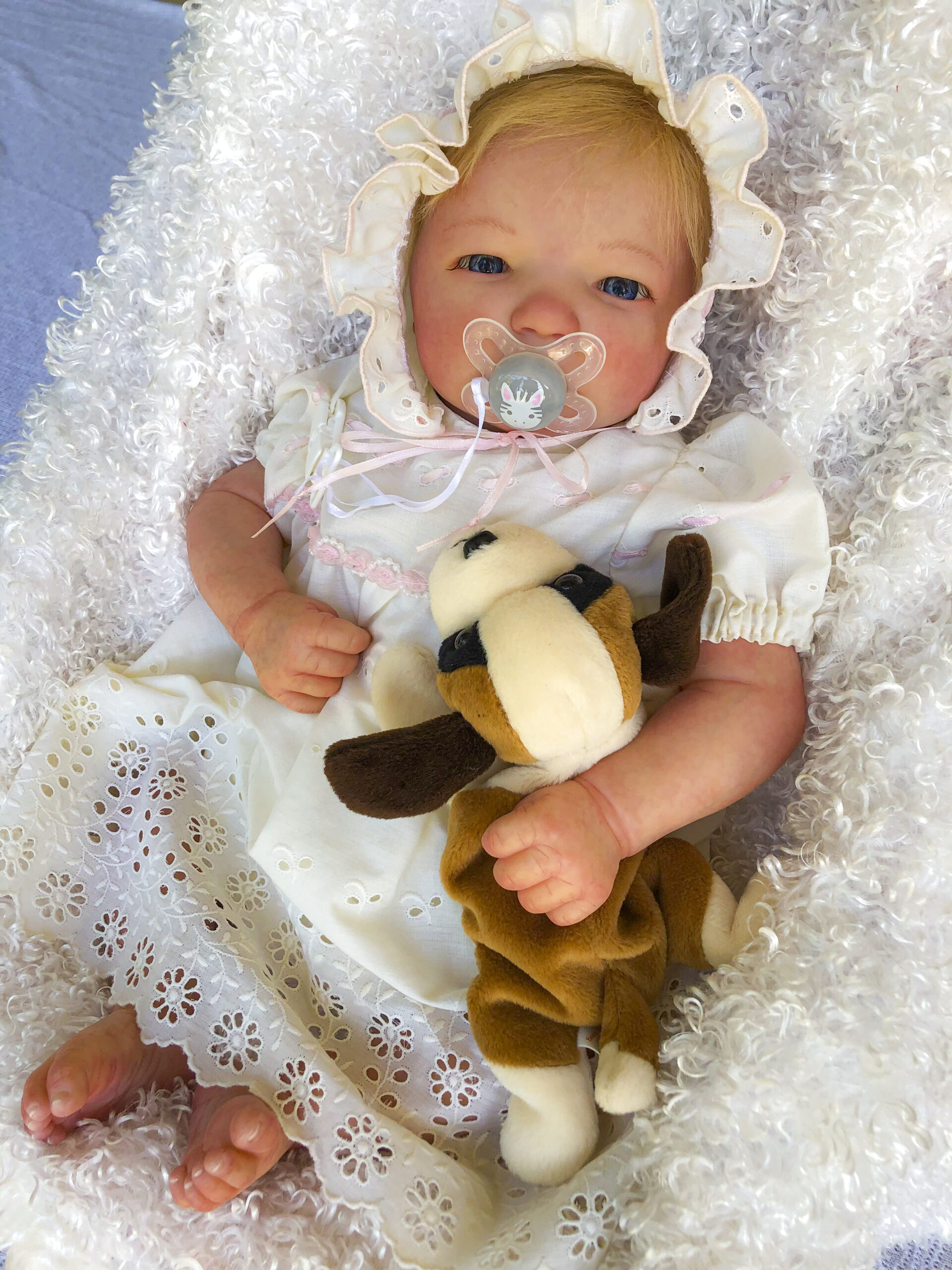Q: What types of things do you see project administrators and house parents dealing with that ICC family members may not be aware of?
A: It’s likely that most ICC family members would not be aware of the scope or complexity of ICC administrators’ dealings with governments. This includes the rules and constant inspections as part of their oversight. This often causes interference with the operation of the children’s village because government officials aren’t used to a project like ours. We’re unique. The officials feel like they’re dealing with an institution, but we’re a home with house parents. They don’t have many organizations like ours. But government officials try to apply rules that don’t apply as well to the children’s villages. It’s complicated for ICC administrators to deal with this. For instance, government rules mandate a certain number of social workers and psychologists per specific number of children. That doesn’t work well for our projects, because we have parents and homes. Our villages can operate with fewer social workers and psychologists. We’re different, but the officials try to make us conform to what institutions have to do.
For the house parents, I’m thinking about the balance between our facilities being a home and not an institution. Many times, the parents have their own children. They want to be the mommy and daddy that their own children need. They don’t want their own children to feel like they’ve been abandoned. So they walk an interesting balance. I really admire those that are successful with this because somehow they are able to make everybody feel like they are part of the family. I think that’s the way God treats us. For the ICC children, maybe they think they would be considered one of the outliers. But the child realizes that “No, this parent treats me like I’m actually one of the family. I know I’m not really, but they treat me like that.”
I think that one of the most important roles of the parent is to give this “home” to the children. It’s in the DNA of all of us. We want a home where we belong. We want to belong to something. That’s where gangs come in. They say to vulnerable children, “You can belong to us. I’ll be your daddy.” Then it’s bad, because you become loyal to whoever is giving you that home. This concept of giving orphan and vulnerable children a home is what ICC is all about.
Q: In the past four decades since you started serving within this ministry, what has changed and what has remained the same when caring for orphan and vulnerable children?
A: Recently, I was telling our director in Mexico that one of the things that is different now is the condition of the children who need intervention. He had been talking to the director of government child protection in one of the larger cities in the area. That director told our administrator, “The world has changed so much. I don’t even have the kind of children to give you (that fit your criteria).” He went on to say that many parents of vulnerable children have been on hard drugs. The neurological damage done to the children is significantly worse than children with fetal alcohol syndrome.
He continued to elaborate by saying that many children are being damaged so much that they can’t go to a normal place like an ICC facility. The children that are coming out of these situations are worse than what this director has experienced in the past. He said, “I don’t know what we’re going to do with them, because we can’t just put them in places like yours. They need special care… We’re being overwhelmed by this.”
The children that came to us when ICC first started came because of civil unrest, civil war, and massacres that would happen in villages. It’s a similar thing that has happened in the DR Congo more recently where children have come to us because of wars, conflict, and natural disasters more than these other things. However, in other countries we’re getting children because of drugs, crime, prostitution, and those kinds of things. Those create different kinds of children – totally different. If you receive a child because their parents were killed in a war, they’re likely a very normal child who would have grown up to be an independent productive member of society. But when they come out of a background of drugs, alcohol and crime, they tend to be deeply affected by these things, and they often have a very difficult time in life. They need special individualized intervention.
The DR Congo is much like it was 40 years ago in Guatemala. The government in Congo treats us a lot like they treated us in Guatemala. They are just thankful that we are there.
One thing I mentioned previously that has changed for most of our projects is that there is more government oversight. This can be good and bad. Sometimes they do things that create issues because it’s like a one-size-fits-all mindset. On the other hand, it’s good. For instance, they are requiring all caregivers to have first-aid training. They must be up-to-date, and every year they have to be recertified. That’s really good, and I appreciate that. They have fire department inspections of our buildings at some of our projects. They tell us things that need to be done to ensure the safety of the children.
Technology and how we communicate with projects have changed. In the early days in order to communicate with our projects I had to use Ham radio. Most of the projects were remote and in places where they didn’t have telephones. Then we went to using fax machines. We used that thermal paper with the faxes and after a while we couldn’t even read it. That was not a good solution, but we depended on it a lot. After fax we started using email. But here’s something that hasn’t changed. In some of these remote areas we still have a difficult time doing the kinds of communication that we should be doing that the rest of the world does. Sometimes their email doesn’t work, or the Internet isn’t working, or they don’t have electricity. Communication is always a challenge.
Finally, something that hasn’t changed: The children are innocent and have nothing to do with the problems that caused them to be orphaned or vulnerable. It’s not their fault. They are totally dependent upon someone to do something for them. That hasn’t changed over the years. It’s just the same as it was. Children are still suffering. There’s still a need for ICC and for donors who have a heart for children.


